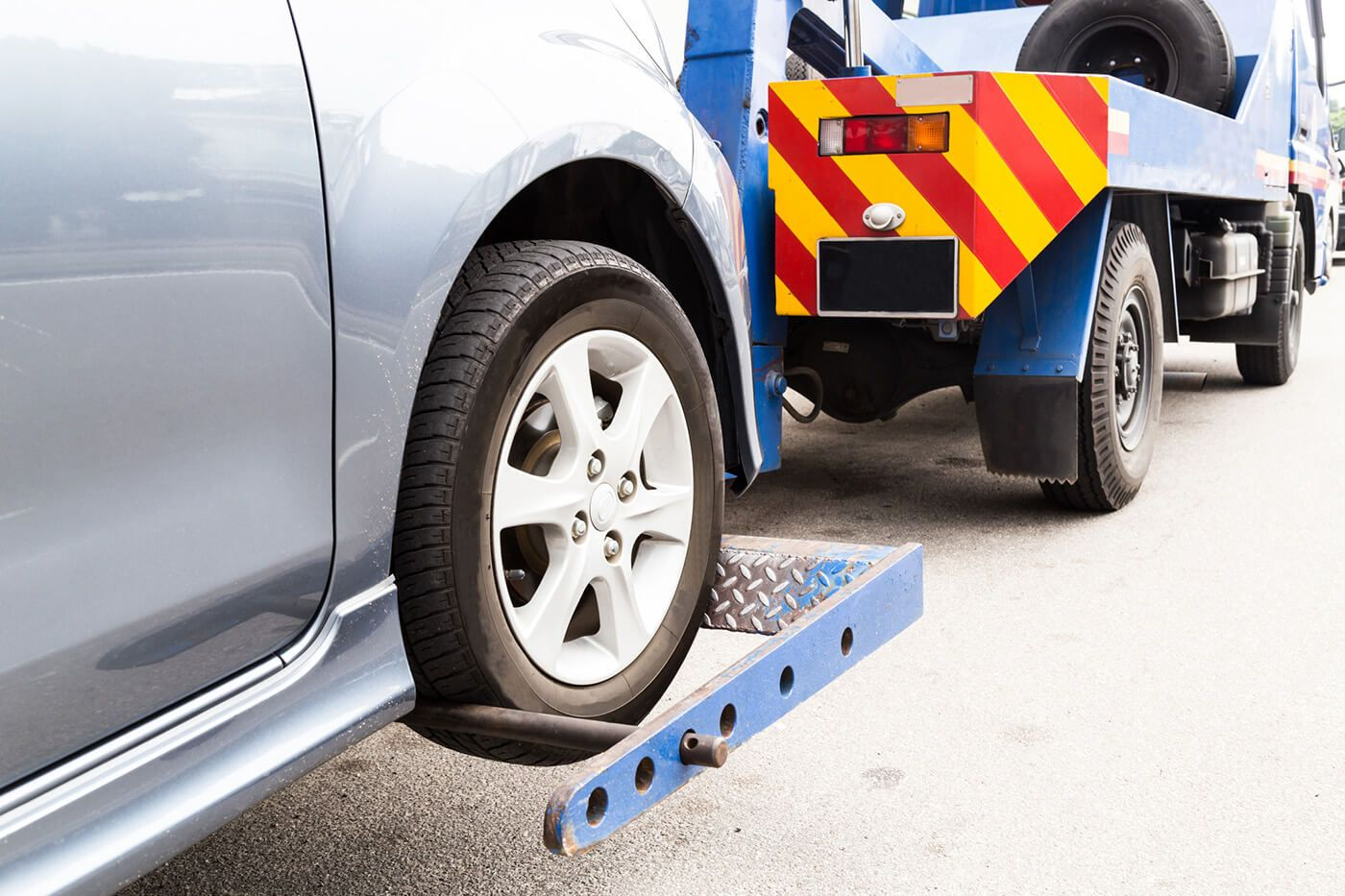Facing a car repossession can be an overwhelming experience, impacting both your financial stability and credit score. Whether your repossession was voluntary or not, the process of securing financing for a new vehicle can seem daunting. This guide will walk you through the steps to rebuild your credit, explore financing options, and budget wisely to help you get back on the road.
What You Need to Know About Car Repossession
Below are some popular information:
What is Car Repossession?
Car repossession happens when a lender retrieves a vehicle due to non-payment on an auto loan. This can occur either when a borrower defaults on the loan or chooses to surrender the vehicle voluntarily. The specifics of repossession can differ depending on the state laws and the lender’s policies, but the repercussions are generally severe.

Impact on Your Credit Report
A repossession can dramatically affect your credit score. On average, a repossession can reduce your credit score by 100 points or more. With scores ranging from 300 to 850, such a drop can make it challenging to secure new credit. Although the immediate impact is significant, the effect of the repossession on your credit score will lessen over time as you work to rebuild your financial health.
Rebuilding Your Credit: Essential Steps
Here are the whole step to rebuild your credit:
1. Addressing Your Credit Score
To restore your credit score after a repossession, follow these key steps:
Timely Bill Payments
The cornerstone of rebuilding your credit is making timely payments on all your bills. Consistent, on-time payments signal to creditors that you are managing your finances responsibly.

Reducing Your Debt Load
Work on decreasing your debt-to-income ratio by paying down outstanding debts. Lowering this ratio helps improve your creditworthiness and makes you more appealing to potential lenders.
Review and Correct Credit Reports
Obtain your credit reports from major agencies and carefully review them for any inaccuracies. If you find errors, file disputes to correct them. Accurate credit reports are essential for improving your credit score.
Avoid New Credit Applications
Avoid applying for new credit cards or loans while working to rebuild your credit. Each application can lead to hard inquiries that may further damage your credit score.
2. Utilizing Credit Rebuilding Tools
Secured Credit Cards
Secured credit cards are a valuable tool for rebuilding credit. These cards require a security deposit that acts as your credit limit. Using the card responsibly and making timely payments will gradually enhance your credit profile.

Credit Builder Loans
Credit builder loans are specifically designed to help individuals with poor or limited credit histories. These loans involve borrowing a set amount of money that is held in a savings account until the loan is repaid. Successfully managing this type of loan demonstrates your commitment to repaying debt and improves your credit score.
How Long Will a Repossession Affect Your Credit?
Below are detail timeline:
The Seven-Year Duration
According to Experian, a repossession remains on your credit report for seven years from the date of the first missed payment. While this negative mark persists, its impact diminishes as time goes by, provided you maintain positive credit behaviors. After seven years, the repossession will be automatically removed from your credit history.
Long-Term Effects
Though the repossession will continue to appear on your credit report for seven years, its influence on your credit score will wane over time. Adopting sound credit practices will eventually overshadow the negative effects of the repossession.

Finding the Right Financing After Repossession
Here is the step by step to find the right financing:
Exploring Your Financing Options
When you’re ready to purchase a new vehicle, it’s crucial to explore various financing options:
Lenders Specializing in High-Risk Loans
Certain lenders focus on offering loans to individuals with a history of repossession or poor credit. These lenders may provide financing options tailored to your situation. However, be prepared for higher interest rates and potentially stricter terms.
In-House Financing from Buy-Here-Pay-Here Dealerships
Buy-here-pay-here dealerships offer in-house financing and may be more accommodating to buyers with repossession marks on their credit reports. While these dealerships can be a feasible option, be cautious as their loans often come with higher interest rates and less favorable terms.
Understanding Loan Terms and Conditions
Do you know exactly about loan terms and conditions? Well let’s dive into below:
Interest Rates and Down Payments
Due to the repossession on your credit report, you might encounter higher interest rates. Lenders may also require a larger down payment to offset the perceived risk. Carefully review loan offers to understand the total cost, including interest and fees.
Cosigner Requirements
If you’re struggling to secure a loan independently, consider enlisting a cosigner with a strong credit history. A cosigner can help you qualify for a loan, but be aware that their credit will be impacted if you fail to make payments. Ensure that both you and your cosigner fully understand the potential risks.
Getting Preapproved for A Loan
Here are full guideline and also benefits if you want to get approved for a loan:
Advantages of Preapproval
Securing preapproval for a loan before shopping for a car offers several benefits:
- Insight into Budget: Preapproval helps you determine the amount you can borrow and the interest rates you’ll face.
- Negotiation Power: With preapproval, you have leverage when negotiating with car dealerships, potentially leading to cost savings.
How to Obtain Preapproval
- Review Your Credit Report: Ensure your credit report is accurate before applying for preapproval.
- Prepare Financial Documents: Gather necessary documentation, including proof of income, employment details, and identification.
- Apply for Preapproval: Use online tools or contact lenders to apply for preapproval. Compare offers to find the best terms.
Effective Budgeting for Your New Car
Are you wonder that if budget is effective for your new car? Below are steps:
Assessing Total Costs
Proper budgeting is essential for managing the costs of a new vehicle. Consider the following:
- Monthly Payments: Ensure your monthly payment fits comfortably within your budget.
- Fuel Costs: Estimate fuel expenses based on your vehicle’s efficiency and driving habits.
- Insurance: Include the cost of insurance, which can vary based on the vehicle type and your driving record.
- Maintenance and Repairs: Account for routine maintenance and possible repairs.
Adjusting Your Budget
Below are tips to adjust reasonably your budget:
Increasing the Down Payment
A higher down payment can reduce your monthly payments and may improve your chances of loan approval. It also lowers the total interest paid over the life of the loan.

Extending the Loan Term
Extending the loan term can lower monthly payments but will increase the total loan cost due to additional interest. Weigh the benefits and drawbacks before deciding on a longer term.
Considering Private Sellers
Buying from a private seller can be a cost-effective alternative to dealership purchases. Private sales often offer lower prices, but ensure you thoroughly inspect the vehicle and review its history before completing the purchase.
Conclusion
Securing financing for a car after a repossession involves careful planning and strategic decision-making. By focusing on credit repair, exploring various financing options, and budgeting effectively, you can overcome the challenges posed by a repossession and achieve a successful vehicle purchase. Stay informed, adopt responsible financial practices, and approach car financing with a clear understanding of your needs and limitations. With persistence and a well-thought-out plan, you can turn the page and move forward with renewed financial confidence.